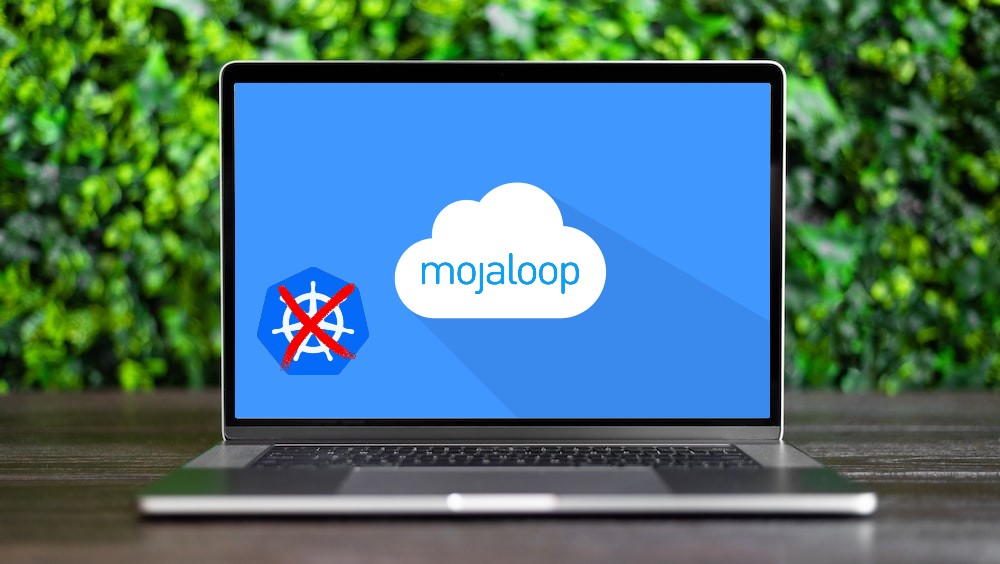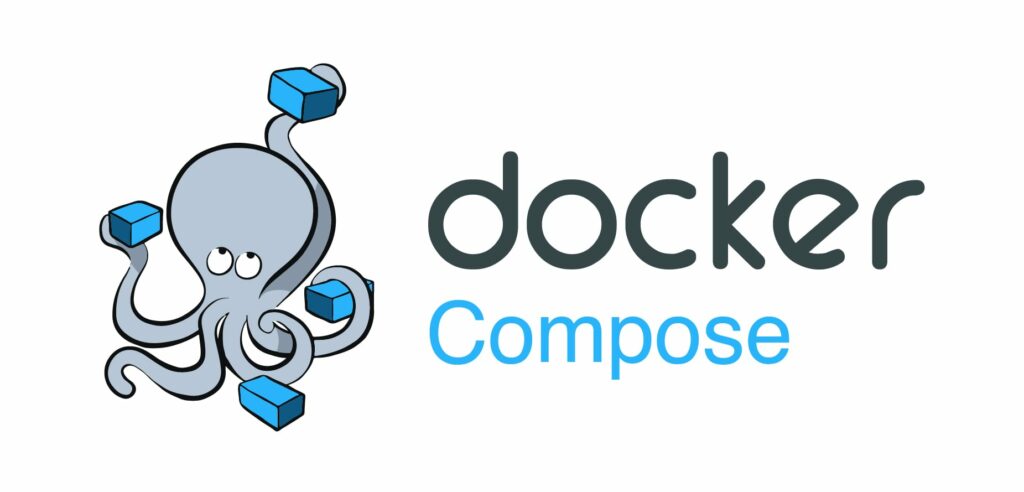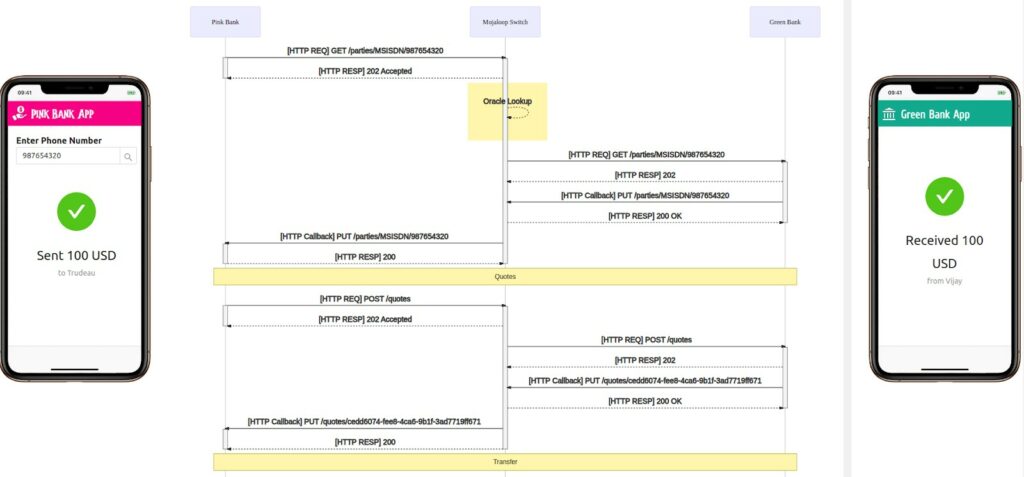Have you ever thought about:
Running an end-to-end transfer with local mojaloop deployment without Kubernetes


Executing functional tests in the CICD with live mojaloop
A docker-compose script that can bring up the core mojaloop services to explore mojaloop APIs

Then you should check out this simple docker-compose-based test harness
“Mojaloop Core Test Harness”
(https://github.com/mojaloop/ml-core-test-harness)
The docker-compose profiling feature enables us to pass various profiles as command-line arguments for multiple scenarios.
The best part is this repository doesn’t maintain any configuration files of mojaloop core services. It pulls the config files from the docker images supplied.
Who can use it:
- Who wants to try / onboard with mojaloop and familiarize with mojaloop technical aspects like different APIs, services …etc
- Developers / Contributors who need a running local mojaloop to test their programs
- DevOps engineers who want to automate functional tests in CICD with live mojaloop switch with minimum resource usage
Advantages:
- You don’t need a powerful machine to run mojaloop services as this stack runs only essential services for a simple peer-to-peer transfer
- You don’t need Kubernetes knowledge to run mojaloop
Give it a try:
Execute the following commands to run mojaloop on your local machine
git clone https://github.com/mojaloop/ml-core-test-harness.git
cd ml-core-test-harness
docker-compose --profile all-services --profile ttk-provisioning --profile ttk-tests upYou can also use the built-in TTK mobile simulator to initiate a transfer and visually explore the corresponding API calls to understand the mojaloop transfer flow more easily.

Please refer to the link https://github.com/mojaloop/ml-core-test-harness/blob/master/README.md#running-p2p-transfer-using-testing-toolkit-mobile-simulator
